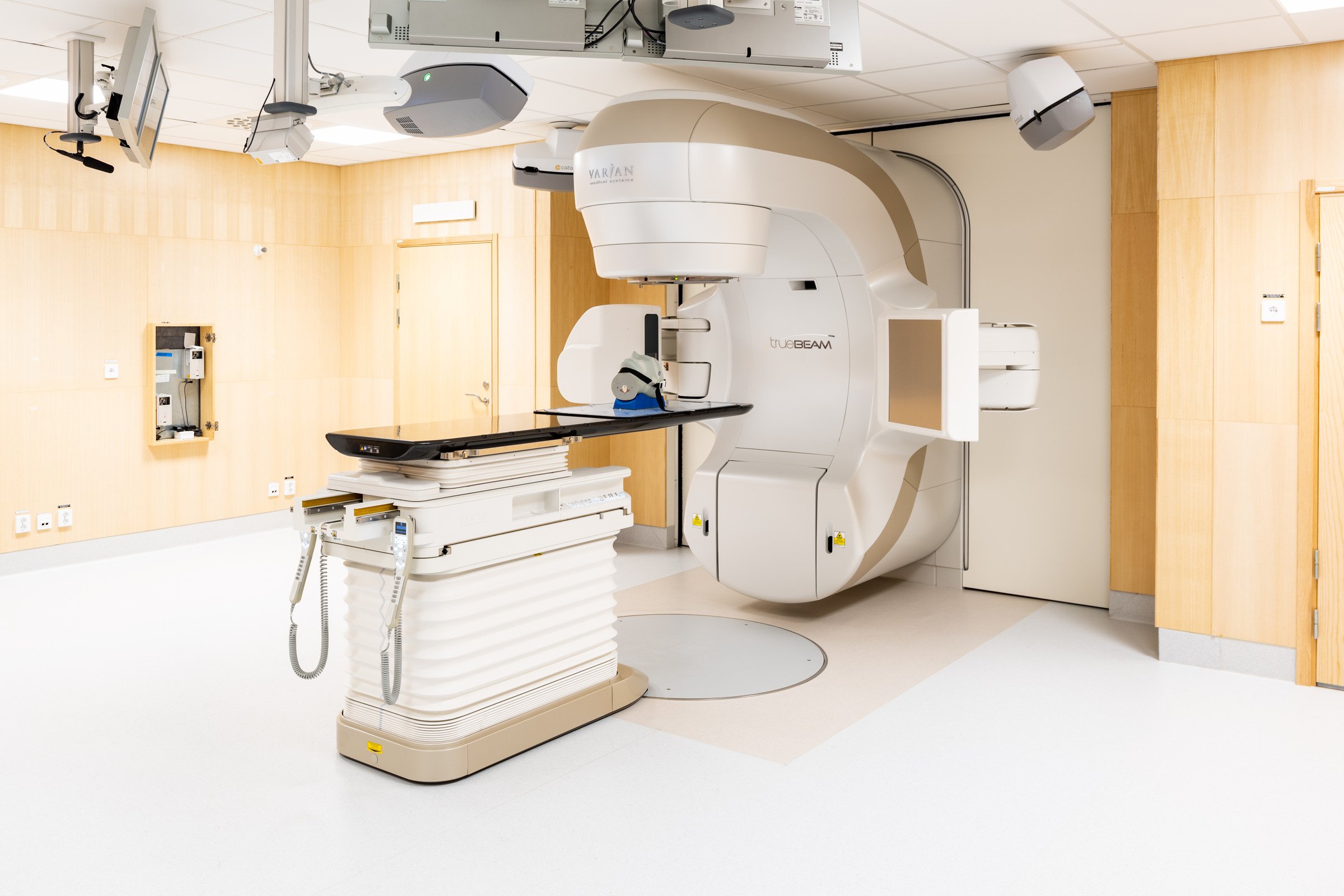Esophageal Cancer
Karolinska performs more esophageal cancer surgeries than any other hospital in Sweden.
Cancer of the esophagus (the tube connecting the throat to the stomach) affects more men than women and has an overall poor prognosis. Esophageal cancer can be difficult to diagnose; approximately 50% of patients detect the tumor before it has spread to other parts of the body. Smoking, alcohol abuse, and obesity are risk factors for esophageal cancer.
Oncology
Our goal is to offer world-class cancer care based on every patient's individual needs. OncologyGastroenterology
Gastroenterology includes both upper abdominal surgery and lower abdominal surgery Gastroenterology
Request medical treatment
More information on who can request a medical second opinion or treatment at Karolinska.
Continue
Bringing together cutting-edge research and world-leading expertise
